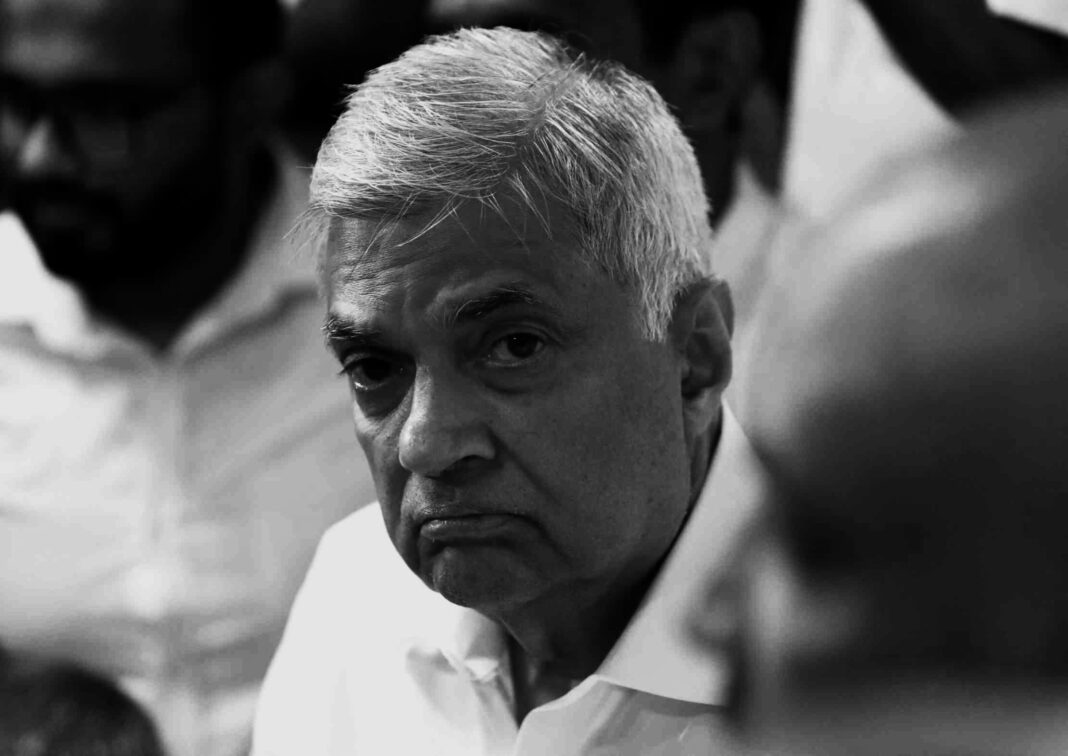(Rathindra Kuruwita/The Island)
President Ranil Wickremesinghe is exploiting calls for progressive electoral reforms from society to delay elections, Executive Director of the Institute for Democratic Reforms and Electoral Studies (IRES) Manjula Gajanayake, alleged on Thursday.
Gajanayake expressed his concerns to The Island, stating that this strategy may lead to long-term crises.
President Wickremesinghe, through a Gazette, dated 16 October 2023, has established a Commission of Inquiry, led by retired Supreme Court Justice Priyasath Dep, whom some alleged is a relative of the President. This Commission is tasked with investigating and proposing changes to current election laws and regulations. It consists of nine members and is mandated to assess existing electoral frameworks and offer recommendations that align with current requirements.
Gajanayake noted that the stated goals of this initiative appear progressive and align with the demands made by election monitors, academics, and political parties over the years. These goals include enhancing representation for women and youth, adopting electronic voting using modern technology, and facilitating voting for Sri Lankans residing abroad. Additionally, the Commission is exploring the possibility of individuals contesting and representing two councils simultaneously, allowing those elected to Parliament to participate in provincial council elections concurrently.
The Commission is also examining other factors, such as permitting private sector voters engaged in election-related services on voting day to use postal voting and modifying the first-past-the-post voting system to better suit the pluralistic nature of society. Furthermore, it is tasked with proposing media standards, a code of conduct for political entities and their members, and strengthening laws governing political party registration and operations to enhance trust and public accountability, he said.
Gajanayake said that this is not the first time President Wickremesinghe has used progressive societal demands to his advantage. Earlier this year, a Committee, led by former head of the Elections Commission, Mahinda Deshapriya, was asked to reduce the number of local councillors from 8,400 to 4,000, the IRES head said.
“There was a feeling that there are too many local councillors, and no one could object to reducing them. Deshapriya has handed over a report on how to reduce the number. If the government actually wanted to reduce the number, they could have used these reports to do so. However, these reports are now shelved. It is obvious that the government only wanted to delay local council elections by this endeavour. Thus, it is clear that the Committee appointed on 16 October 2023 is a similar move by the President,” he said.
Gajanayake said appointing such a committee, when elections are near, is akin to undermining the legislature and the Elections Comission.
“The President now directly controls both local and provincial councils. Local councils haven’t had elected representatives for over six months, and provincial councils have not had elected representatives for over 60 months. Now the governors control both these bodies, and the President controls the governors,” he said.
